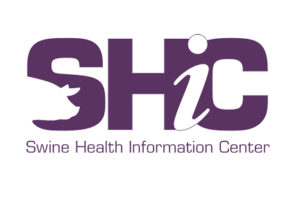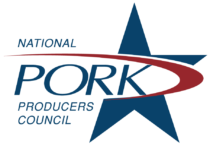
For Immediate Release: August 29, 2019

The global outbreak of African swine fever (ASF), a disease affecting only pigs with no human health or food safety risks, is growing, with new cases appearing throughout Southeast Asia and China. While there are no reported cases of ASF in the U.S., a grant recently awarded to the Swine Health Information Center (SHIC), with active support from the National Pork Producers Council (NPPC), aims to start a dialogue between the two regions, sharing veterinary knowledge and ways to prevent the disease from further spreading.
The approximately $1.7 million grant from the U.S. Department of Agriculture’s Foreign Ag Service division will fund the multi-phase project, helping to build strategic partnerships, while increasing trade of U.S. pork to the region. The work will include swine health field projects, including collection and analysis of disease samples, which are valuable data for all participants and U.S. pork producers.
“Pork production is a global business and working with industry representatives from Vietnam on these projects will be mutually beneficial for all,” said SHIC Executive Director Paul Sundberg, DVM, PhD, DACVPM. “The Swine Health Information Center looks forward to fulfilling the responsibilities of this grant from USDA and in the process deliver value to U.S. producers for the benefit of national herd health.”
“NPPC, in partnership with SHIC, National Pork Board (NPB), American Association of Swine Veterinarians (AASV), and USDA, is committed to reducing the risk of the U.S. swine herd contracting foreign animal diseases, including ASF. With ASF spreading throughout Asia, this project will represent an important tool to further open both communication and markets between our regions,” said NPPC President David Herring, a pork producer in Lillington, N.C.
Under the first phase of the project, the groups will identify and meet with key stakeholders in Vietnam. In phase two, the groups will train the Vietnamese veterinary workforce on ASF prevention and control, helping to build local veterinary capacity. Concurrently in the final phase, ASF-related field projects will be implemented, including those helping to inform the U.S. pork industry about effective ASF preparedness and response.
Information the projects will include:
Copyright 2024 | Swinehealth.org | Website by Heartland Marketing Group